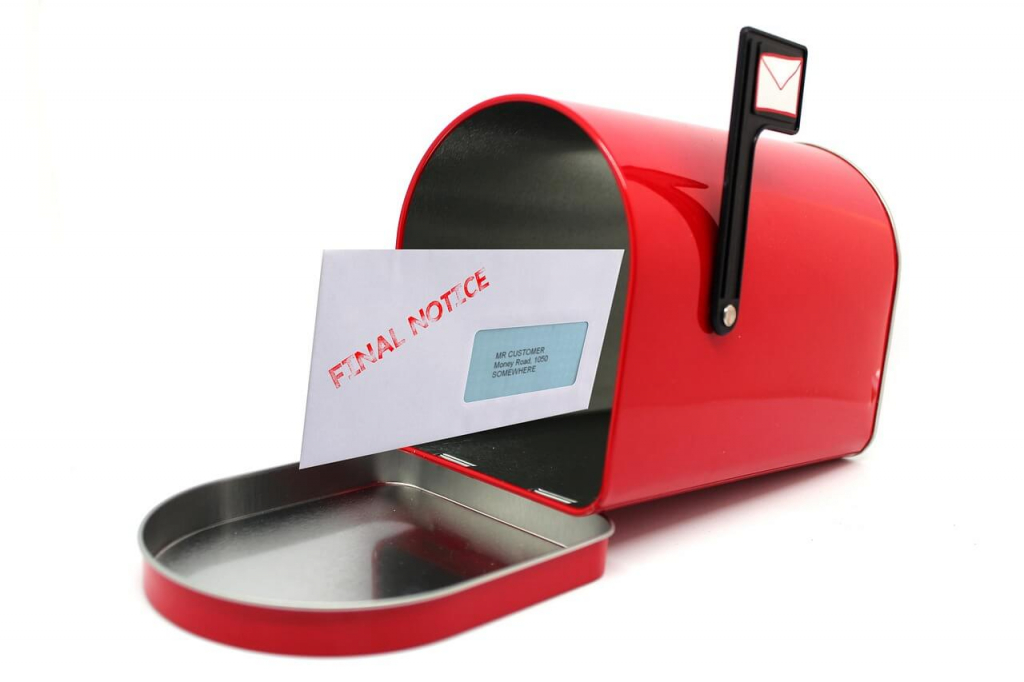As much as possible, landlords avoid evicting tenants. An eviction will mean that they will have an unexpected vacancy that they need to fill in, which means a financial loss for the landlord. However, most of the time, it is essential because there are tenants who deserve to get evicted.
Examples of these tenants are those who cause trouble, are not paying their rent on time or not at all, and are intentionally causing damages to the property. Even if the landlord wants to avoid evicting his tenants, he still has to know how the eviction process goes. In case he needs to go through it.
One of the things that landlords need to do when evicting a tenant is writing an eviction notice. It’s not that simple either. It is not usually part of a residential leasing agent’s job, but a landlord may ask you about this, and they might expect you to help them during the process. Don’t worry, though. I will list down the things included in the notice.

Eviction notices are required.
The first thing to know about evicting tenants is that a landlord is required to provide an eviction notice. It is not as easy as telling them to leave. That will be a violation of the law. There is a correct process in doing things legally.
An eviction notice or a letter of eviction is an official warning given to the tenants who are determined to be violating the lease agreement. It should include the reason why they are getting evicted, how long they have to resolve the problem, and the consequences if they are unable to do it.
State laws
State laws exist to act as your guide in this business. They have regulations that will standardize the prices of rent and security deposits, the responsibilities of landlords and tenants, and how to handle evictions.
However, state laws will vary depending on the property’s location. Landlords should familiarize themselves with the laws applicable in their state. There will be differences in the valid reasons for eviction, how and when to serve the notice, and other things.

Time Frame
An eviction notice must have a specific time frame given to the tenants before they either move out or resolve their mistakes. If the tenant committed a grave mistake, a landlord might directly push through with kicking them out of the property without giving them a chance to sort out their violation. For example, a tenant has caused irreversible damage to the unit because of negligence. A landlord can decide to give them a 7-day notice to leave.
There are different kinds of eviction notices. You should inform the landlord of this.
Quit
The Notice to Quit is for those tenants who will have to leave the property immediately. They are tenants who violated a major rule in the contract and are not allowed to resolve the breach.
Resolve or quit
These notices will state that the tenants will have the chance to resolve the violation and how long they have to correct it. If they fail to do so, the landlord can proceed with the eviction. This is also known as a Notice to Cure.
Pay or quit
This notice is applicable if the tenants had habitually missed their rental payments. If they refuse to pay rent, they must be evicted. If they can settle their debt, the landlord can either let them stay or still go through the eviction.
Now that we have covered the factors affecting an eviction notice, let us summarize the process of making one.

Identify the violation
The reason for evicting a tenant must be valid and a clear violation of the rental agreement.
Verify the state laws
The landlord must check the state laws about the length of time notice is given and what kind of notice he will serve.
Write the notice
When writing an eviction notice, the landlord must make sure that these details are included:
- Full names of tenant/s and landlord
- Address of the property and date the letter was written
- The specific violation
- The tenant’s option to resolve the violation, and how long they should fulfill the requirement, and what the consequences will be if they are unable to take action
- The persons they can contact for any clarifications
Evicting tenants can be very stressful, and landlords avoid it at all costs. Unfortunately, they are not able to control their tenants’ actions sometimes. The best thing to do is to look for good tenants with your help as a residential leasing agent. Conduct a thorough screening because it will be worth it. After all, when you create property listings at Padleads and syndicate it to other websites, you will receive plenty of applicants.